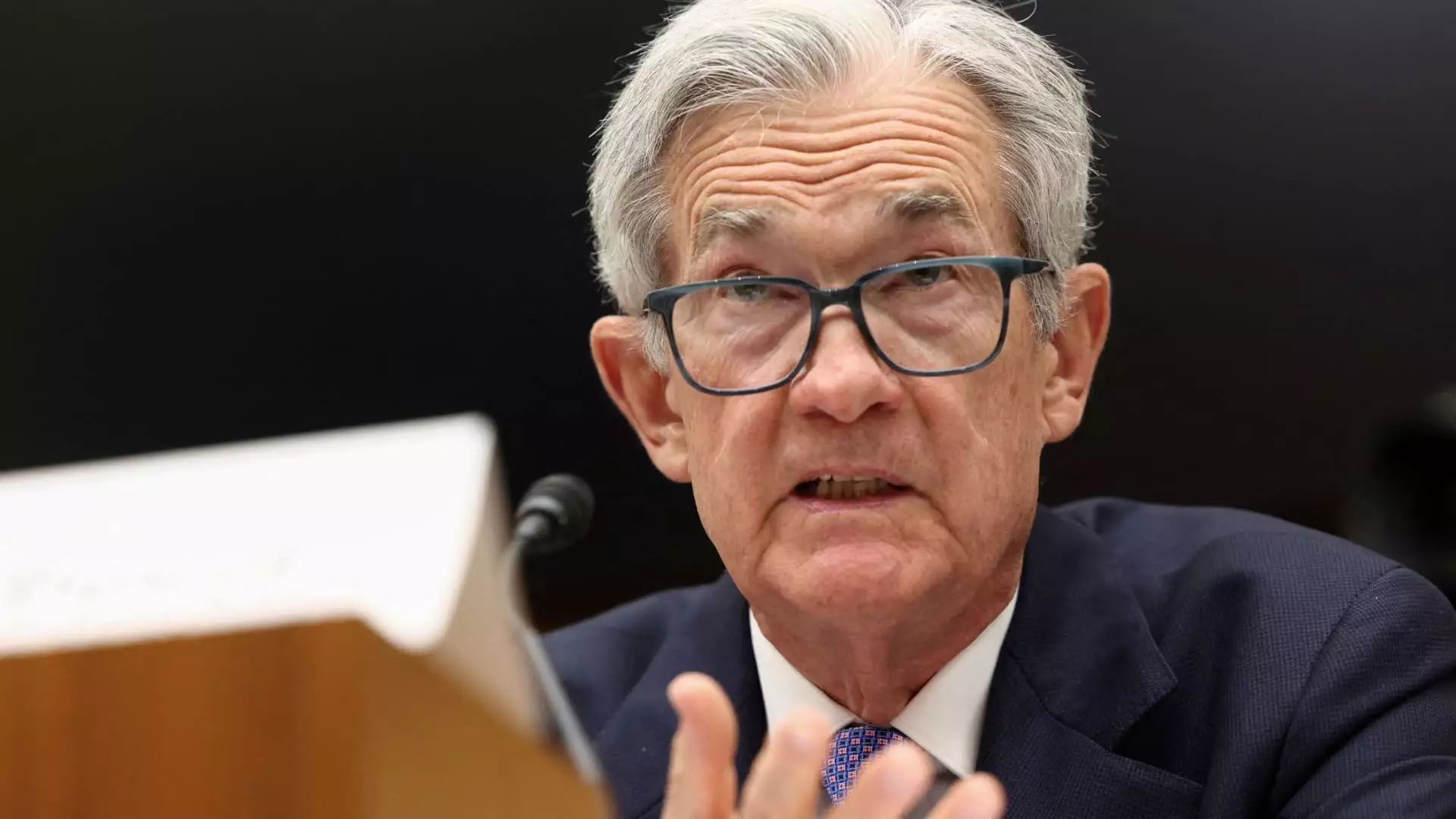In recent months, the Federal Reserve has faced a barrage of criticisms from the Trump administration, exposing the delicate intersection of politics and central banking. This relentless politicization risks undermining the independence that enables the Fed to execute its core mandate: ensuring monetary stability, controlling inflation, and fostering economic growth. The administration’s vocal criticisms, especially regarding the $2.5 billion renovation of the Fed’s headquarters, reveal a disturbing tendency to politicize actions that should be insulated from political influence. Such attacks not only threaten the credibility of the institution but also jeopardize its ability to function as a steady, apolitical guardian of the economy. The central bank’s silent but strategic response—focusing on facts and defending its priorities—underscores the importance of resilience in preserving the integrity of America’s monetary policy framework.
The Flawed Narrative of Excess and Luxury
One of the most insidious aspects of the Trump administration’s criticism is the portrayal of the Fed’s renovation as a symbol of extravagance and excess. Critics, including officials like Office of Management and Budget Director Russell Vought, label the project as an “ostentatious overhaul” that involves luxury features such as rooftop terraces and private dining rooms. However, this narrative ignores the essential nature of safeguarding historical buildings and modernizing facilities to meet operational standards. The Fed’s website explicitly clarifies that no new VIP dining rooms are being constructed; instead, existing conference spaces are being renovated to ensure functionality and preservation. Mischaracterizing the renovation as frivolous spending feeds into a broader narrative designed to undermine trust in institutions that operate independently of political will. It’s an attempt to politicize the mundane, framing necessary structural upgrades as symbols of excess, which distracts from the real issues of monetary policy and economic stewardship.
Defending Institutional Independence Against Politicization
The Federal Reserve’s move to publish a detailed FAQ section online, explicitly countering criticisms, signals a proactive effort to defend its autonomy. This is a crucial step in an environment where political leaders seek to exert undue influence on monetary policy decisions. The independence of the Fed is foundational to its credibility, allowing it to set interest rates based on economic data rather than political expediency. The Trump administration’s attacks—alleging mismanagement, criticizing the pace of interest rate adjustments, and now scrutinizing building renovations—pose a long-term threat to this independence. The Fed’s transparent rebuttal underscores an important principle: when political forces attempt to shake the institution’s foundation, it must stand firm, armed with facts and an unwavering commitment to its statutory responsibilities. Maintaining independence isn’t just about shielding the Fed from immediate political pressures; it’s about securing the trust of markets, policymakers, and the public in the long haul.
A Center-Left Perspective: Why Political Resilience Matters More Than Ever
From a centrist liberal vantage point, the importance of protecting the Fed’s independence cannot be overstated. While it’s tempting for politicians to wield monetary institutions as leverage for short-term political gains, such behavior jeopardizes economic stability in the long run. The temptation to demonize actions seen as wasteful or extravagant reflects a wider societal tendency to scrutinize government and institutional spending through a partisan lens. However, responsible economic governance requires tempering such impulses with recognition of the complexities involved in maintaining modern financial infrastructure, historical preservation, and operational efficiency. Defending the Fed’s autonomy in the face of politicized assaults ensures that monetary policy remains rooted in economic realities—not partisan agendas—and that the U.S. economy continues its resilient march forward. It’s an affirmation that stability, transparency, and independence are pillars worth safeguarding, especially amid the chaos of partisan disputes.
The Real Issue: Political Interference vs. Strong Institutional Norms
The deeper concern lies in the broader trend of eroding institutional norms, where political actors seek to weaken or intimidate agencies designed to operate independently. The Trump administration’s aggressive stance—culminating in attacks on the Fed’s leadership, their policy decisions, and even mundane infrastructure projects—attests to an alarming willingness to undermine democratic institutions under the guise of fiscal responsibility or moral outrage. Instead of fostering an environment of respect and independence, these tactics threaten to politicize the core mechanisms that manage inflation, employment, and financial stability. A healthy democracy needs institutions like the Federal Reserve to be resilient enough to withstand such pressures, guided by data and long-term objectives rather than transient political winds. The resilience of the Fed in resisting these attacks reinforces the importance of a balanced, center-leaning liberal mindset—supporting leadership that defends institutional independence while ensuring accountability remains intact.
—
In this turbulent political landscape, the Federal Reserve’s unwavering stance against unwarranted attacks exemplifies its vital role as a protector of economic stability. Its capacity to withstand political pressures, defend its core functions, and uphold the principle of independence safeguards both the economy’s future and the integrity of American institutions. Such resilience should be championed, not undermined, ensuring that monetary policy remains a shield rather than a sword wielded for political gains.


Leave a Reply